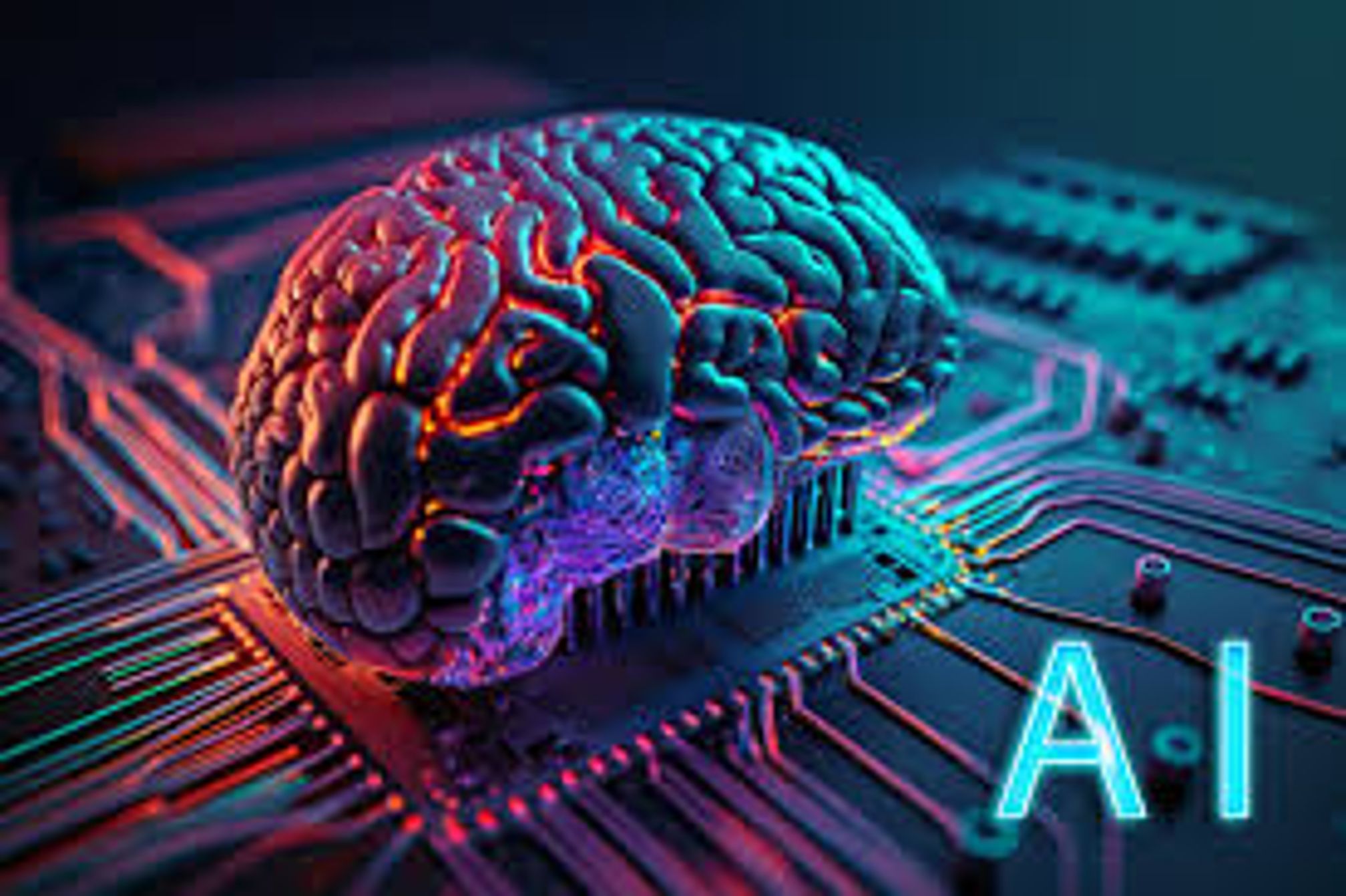Tuesday, June 24, 2025
Artificial Intelligence: More Than Just a Buzzword


Artificial Intelligence — or AI — has quickly become one of the most talked-about technologies of our time. From voice assistants and recommendation engines to self-driving cars and medical diagnostics, AI is reshaping the way we live, work, and interact.
But what exactly is AI, and why does it matter so much?
What Is AI, Really?
At its core, Artificial Intelligence refers to the ability of machines to perform tasks that typically require human intelligence. This includes:
- Understanding natural language (like chatbots)
- Recognizing patterns (like facial recognition)
- Making decisions (like recommending content or approving loans)
- Learning from data (like predictive models)
There are two main types of AI:
- Narrow AI: Focused on a specific task (e.g., Google Maps, Netflix recommendations)
- General AI: A hypothetical form of AI that could think and reason like a human (we’re not quite there yet)
How AI Is Already Changing Our Lives
AI isn’t some far-off futuristic idea — it’s already embedded in our daily routines:
- Smart Assistants (Siri, Alexa): Answering questions, playing music, controlling smart homes.
- Social Media Algorithms: Curating your feed based on your behavior.
- Healthcare: AI helps diagnose diseases, predict patient risks, and assist in surgery.
- E-Commerce: Personalized product recommendations and customer service chatbots.
Even industries like agriculture and construction are adopting AI for automation, analytics, and precision.
The Big Benefits
Efficiency: AI can handle repetitive tasks faster and more accurately than humans.
24/7 Availability: No sleep needed. AI systems can run nonstop.
Insights: AI can uncover trends and patterns in data we’d never notice ourselves.
Scalability: AI tools can serve millions of users simultaneously.
Challenges and Concerns
As powerful as AI is, it raises valid concerns:
- Job Displacement: Automation could replace certain roles, especially repetitive or routine tasks.
- Bias: If AI is trained on biased data, it can make unfair or discriminatory decisions.
- Privacy: AI systems often rely on vast amounts of personal data.
- Control: As AI systems grow more complex, ensuring transparency and accountability becomes critical.
The key is building ethical AI that aligns with human values, fairness, and safety.
What’s Next?
AI is evolving fast. We’re seeing breakthroughs in:
- Generative AI (like ChatGPT and image generators)
- Autonomous systems (like drones and self-driving vehicles)
- AI co-pilots in coding, design, and writing
- Augmented Intelligence: AI supporting human decision-making, not replacing it
We're moving toward a future where AI won’t just be a tool — it will be a collaborator.
Final Thoughts
Artificial Intelligence is not about replacing humans — it's about augmenting what we can do. The goal is to create smarter systems that help us make better decisions, unlock new opportunities, and solve complex problems.
Whether you're a developer, a business owner, or just a curious observer, AI is something worth paying attention to. It's not just the future — it's already here.